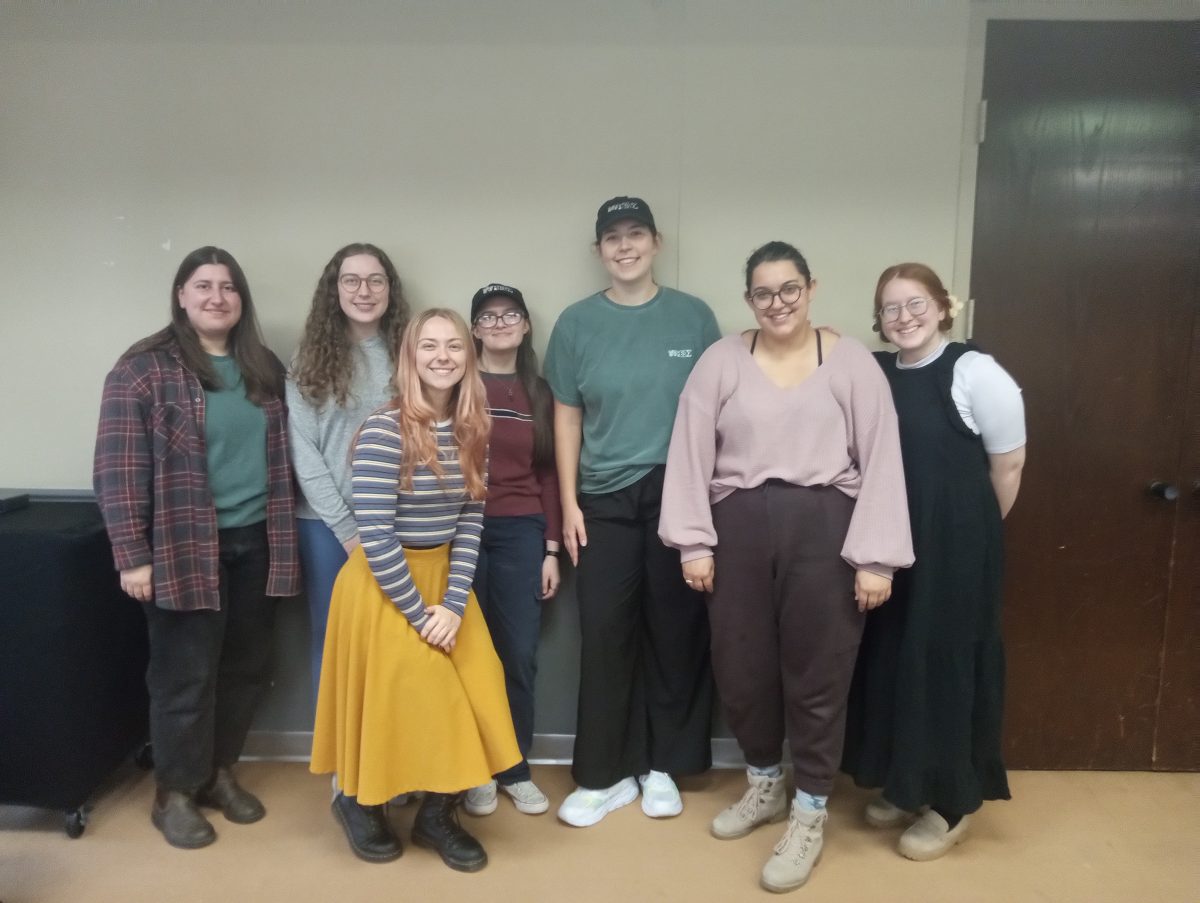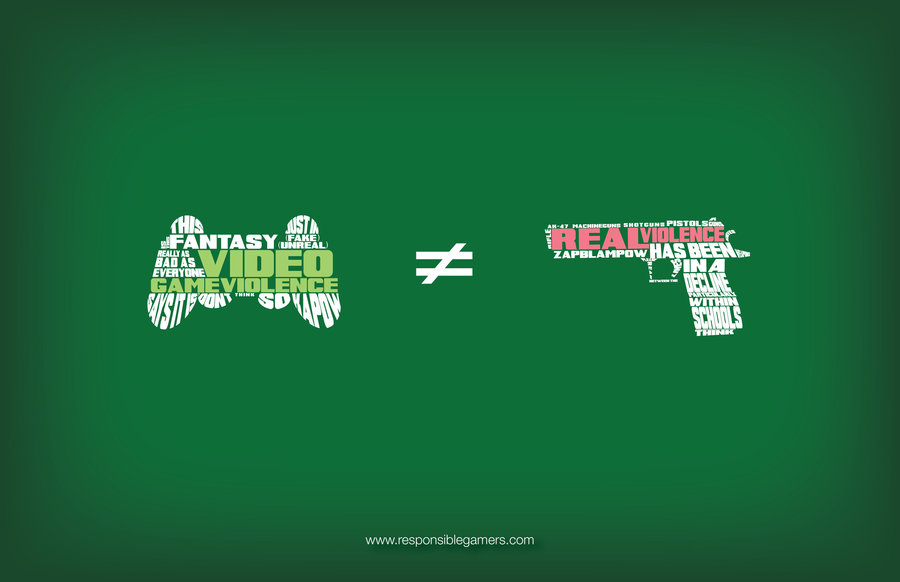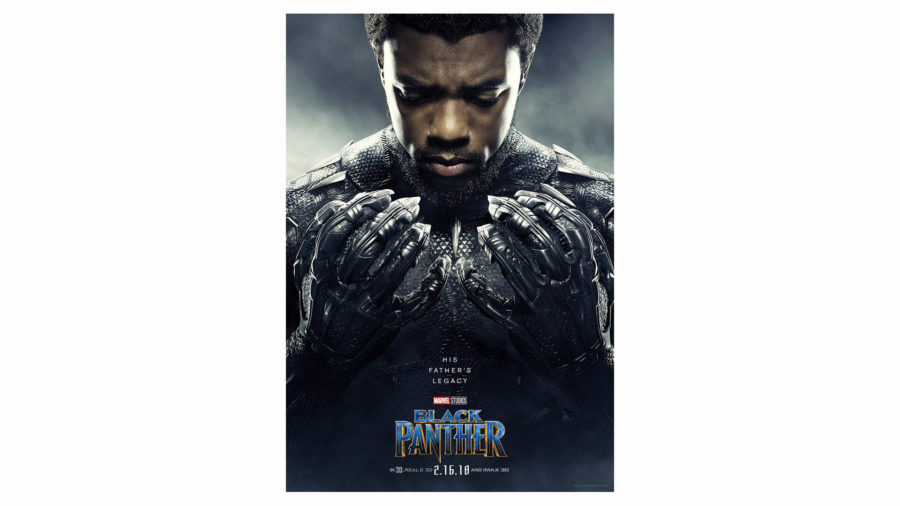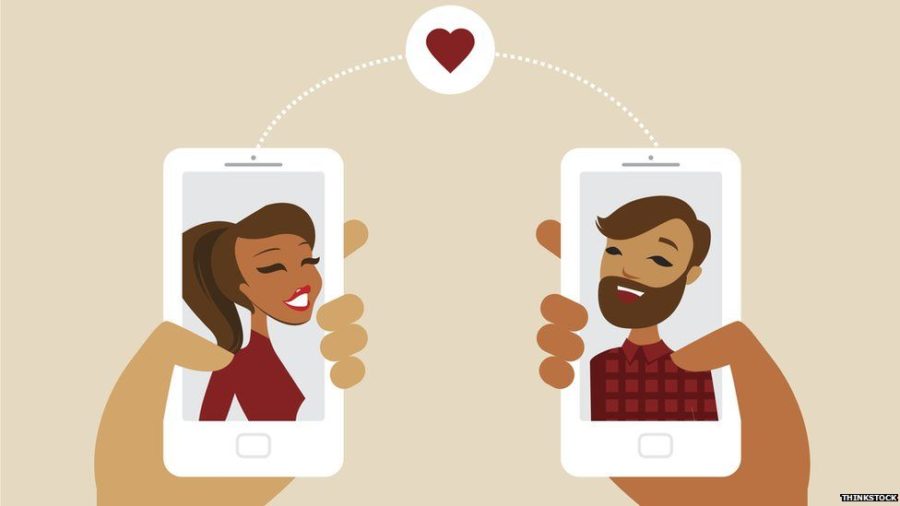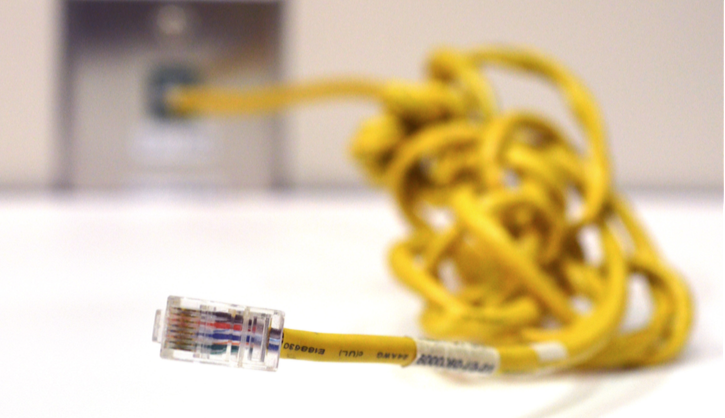YouTube, which is owned by Google, is considering whether it will shift from its current revenue source from solely advertisements to advertisements and subscriptions, considering some users dislike viewing advertisements.
YouTube launched in 2005 as a social media site where users could upload videos and share them with people. Google bought the company in 2006 for $1.65 billion and helped grow the website immensely.
YouTube uses ad revenue to garner its money. “YouTube right now is ad-supported, which is great because it has enabled us to scale to a billion users,” said YouTube CEO Susan Wojcicki at the Code/Mobile Conference in California.
Recently, however, the company has been consulting with different major media firms and content producers, according to the New York Times. “There’s going to be a point where people don’t want to see the ads,” Wojcicki said about the potential changes. The subscription services would be for specified topics such as gaming subscriptions or cooking subscriptions, according to the New York Times.
Spencer Hudson, a freshman music education major, said he would be disappointed at the change.
“I go to YouTube to watch short, funny videos or informational videos. I don’t go on it to watch long, drawn-out videos,” Hudson said. “I can deal with ads, and—just like Spotify premium—I’m not going to purchase it.”
These subscription-based business models have been compared to those of Netflix or Amazon Prime. Unlike Netflix or Amazon Prime, YouTube’s model would be a balance between ad and subscription revenue, not just subscription revenue.
“Netflix, for example, relies almost entirely on licensed content,” according to Reviewed.com. With more users comes more expense trying to supply the correct content.
YouTube, on the other hand, “offers a mix of professionally produced and user-generated content, which gives it the flexibility to charge for some videos while offering others for free,” according to Reviewed.com. “That flexibility may be key in remaining profitable as the content markets shifts entirely to streaming.”
Some question the viability of the change even occurring. “It’s not going to happen because enough people will not be willing to hop on board,” said Haley Zirlott, a freshman broadcast journalism major.
Other people think the potential change is a non-issue. “I personally would not do it, but I don’t think it’s a bad idea because there will be some who want it,” said Jordan Podwoski, a sophomore horticulture major at Northwest Community College.
“It doesn’t affect anyone (but the person who buys it),” said Lauren Blankenship, a junior forensic science major. “If you pay you don’t have to deal with the annoying commercials, but if you don’t nothing changes for you. If YouTube can make some money that way, why not? If I had the money, I’d buy it.”

























